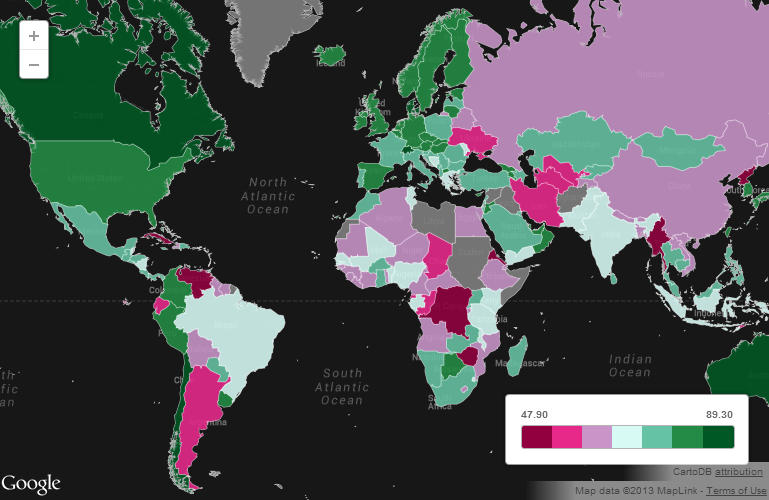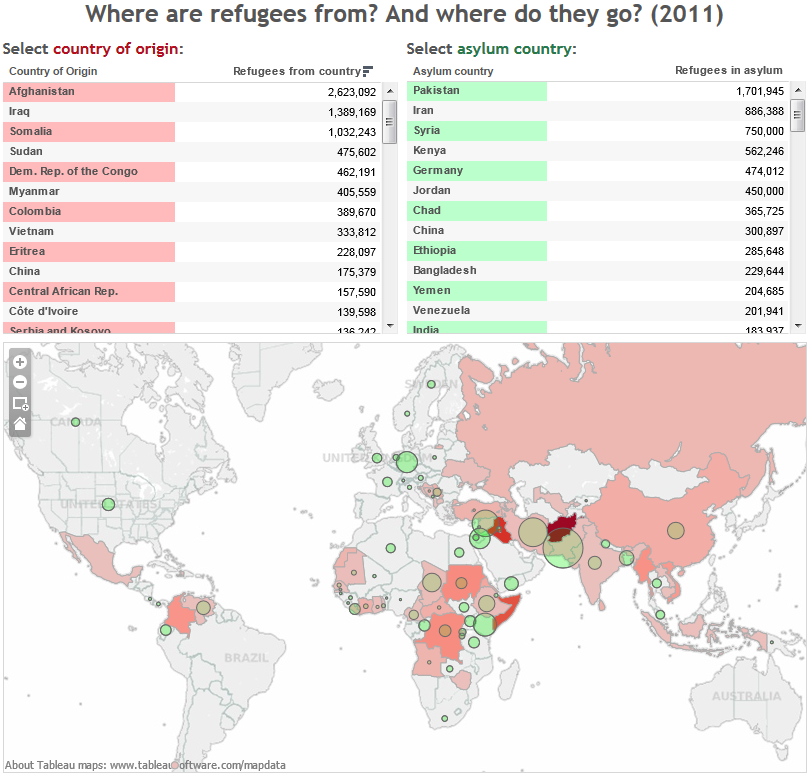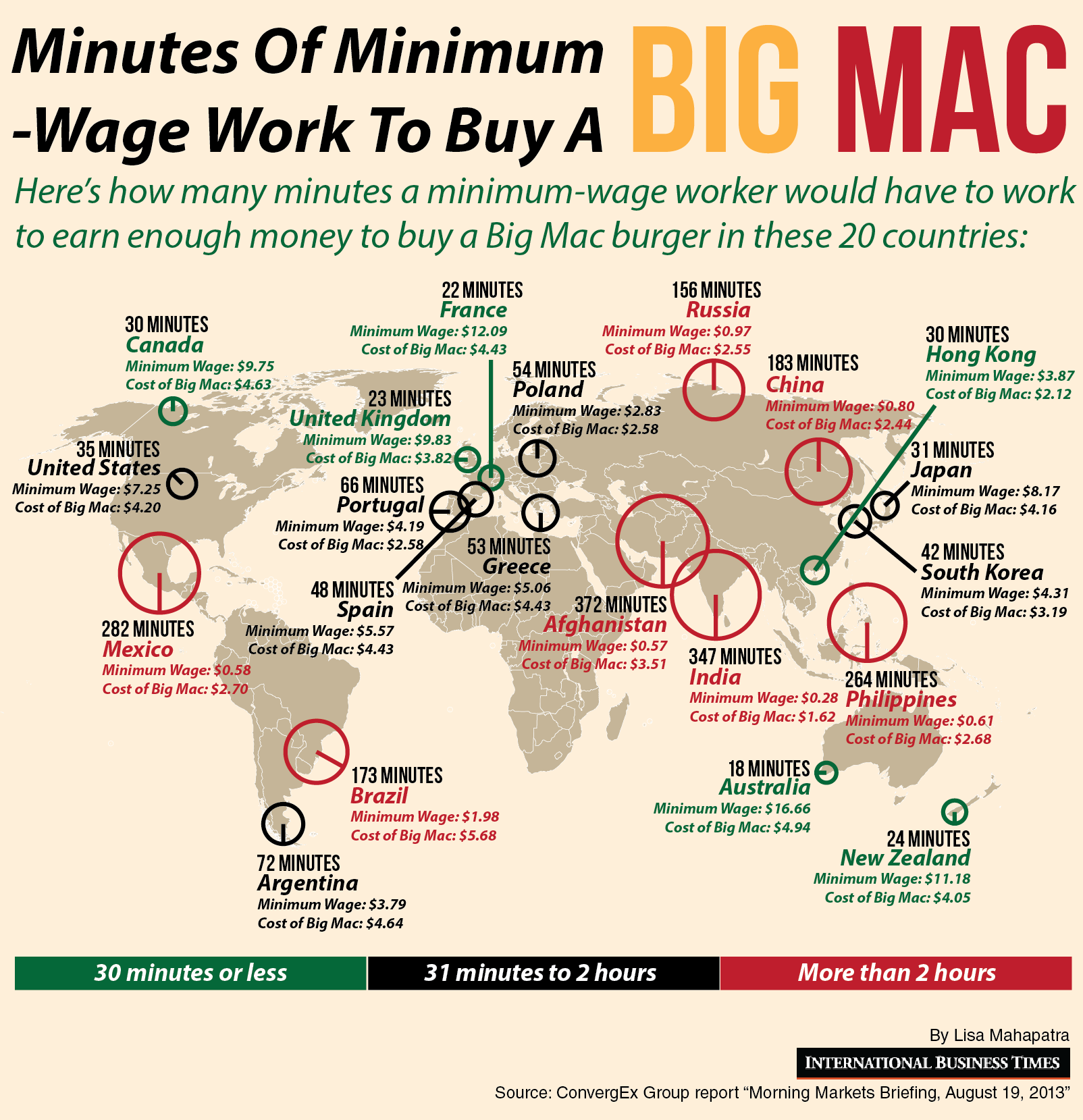Reader’s Digest conducted an experiment where a total of 192 wallets were lost in 16 cities around the world, about 12 wallets per city, to see how many of those would be returned to their rightful owners. Each wallet contained cash, credit cards, and the owner’s contact information.
The results show the most honest cities as Helsinki (Finland) and Mumbai (India). On the other hand, cities where the fewer number of lost wallets were returned to their owners include Rio de Janeiro (Brazil), Zurich (Switzerland), Madrid (Spain), and Lisbon (Portugal).









